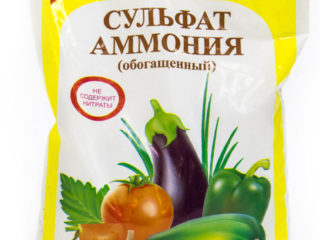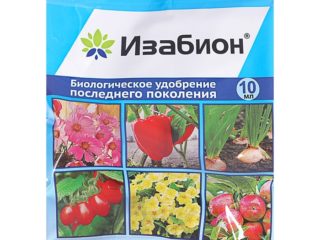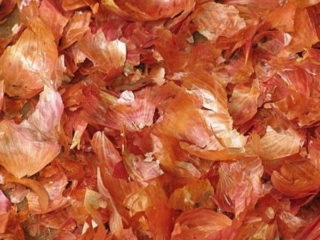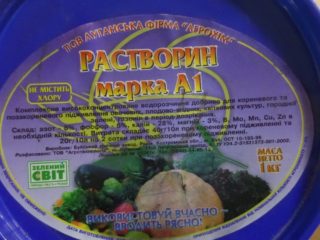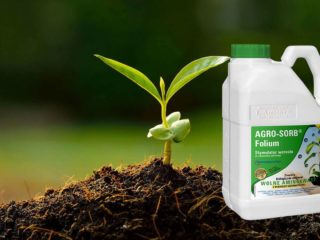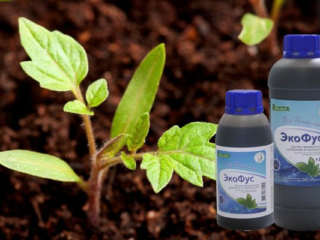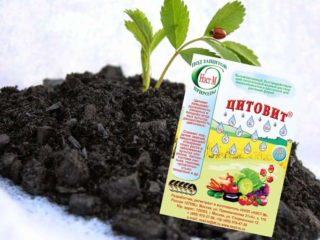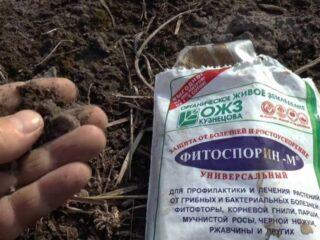Content
- 1 Composition and release form
- 2 Operating principle
- 3 Advantages and disadvantages
- 4 Preparation of working solution
- 5 Dosage and consumption rate of PilaRound Extra
- 6 Speed and duration of exposure
- 7 Is it possible to plant after Pillaround?
- 8 Compatibility with other tools
- 9 Security measures
- 10 Analogues
- 11 Conclusion
- 12 Reviews of the herbicide Pilround Extra
Herbicide Pilaraund Extra is a highly concentrated, continuous action product of a new generation. Suitable for eradicating annual and perennial weeds during their intensive growth period. The product became an analog-substitute for the herbicide Roundup Extra, which was produced by the Gomel Chemical Plant under license from the transnational company MONSANTO.
Composition and release form
The herbicide Pilround Extra replaced the Roundup drug, popular among summer residents and farmers, relatively recently. The license agreement for its production was signed in 2013.
The main active component of Pilaraund Extra is glyphosate, which is present in the drug in the form of the potassium salt of N-(phosphomethyl) glycine. The herbicide is an amber-colored aqueous solution with virtually no odor.
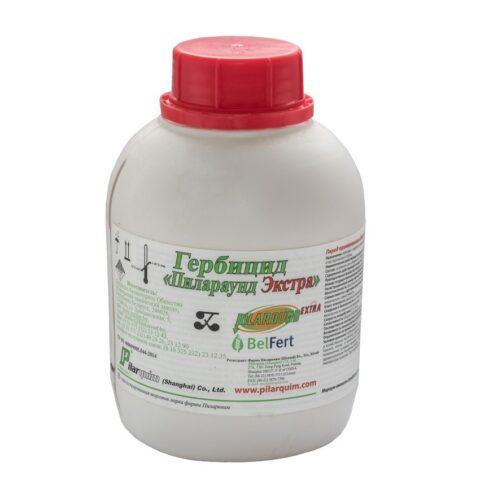
Mass concentration of the working substance in 1 dm3 – 550 g
Herbicide Pilaround Extra goes on sale in containers of different sizes.The minimum packaging is 0.5 liters, the maximum is 20 liter canisters.
Operating principle
Thanks to the surfactants included in the herbicide, the drug adheres to the leaves of the weed. The product penetrates the plant through the leaf blades, descends to the root, blocks the permeability of cell membranes, completely destroying them. Weeds that do not receive enough nutrients die.
Treatment of weeds with the drug can be carried out throughout the growing season, but the most effective use of Pilaraund is in the spring, during the period of intensive plant growth.
Advantages and disadvantages
The herbicide has won the trust of farmers, having established itself as a highly effective means of combating weeds during their active growing season. Pilaraund Extra copes with wild thistle, shrubs and grasses of the Convolvulaceae family.
Pros:
- When treating trees, it does not penetrate into the bark and trunk. During spring spraying, it only affects weeds.
- Effectively copes with weeds that continue to grow at low temperatures. Used to exterminate weeds during the period between harvesting, as well as after.
- Quickly penetrates the plant, works at the molecular level, disrupting the process of protein formation. The weed stops growing and developing.
- The use of herbicide helps to increase productivity, improve the quality of grown products, and reduce costs. By reducing the number of mechanical treatments, it helps to retain moisture in the soil.
Minuses:
The disadvantages of the drug include its chemical composition, which inhibits not only the growth of weeds, but also has a negative effect on worms and insects.Without adhering to the manufacturer's recommendations and failing to maintain herbicide consumption rates, it is easy to harm crop plants.
Preparation of working solution
The working solution is diluted in a plastic or stainless steel container. It is also possible to use containers made of aluminum and fiberglass.
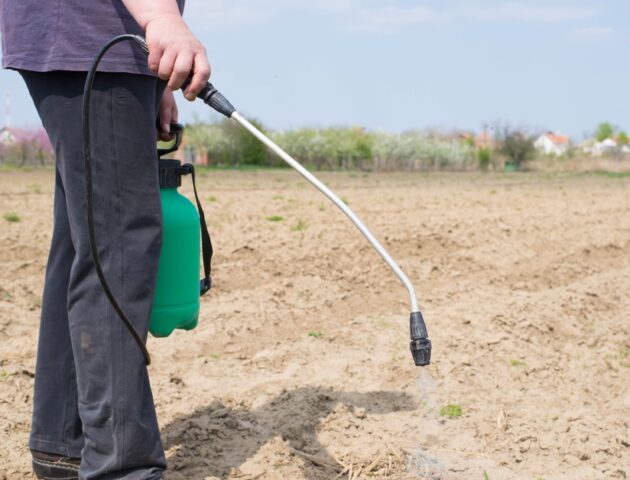
Buckets not lined with chemically resistant materials are not suitable for mortar.
Cooking algorithm:
- Water is poured into the container, filling the container 1/3 of the volume.
- Use a measuring cup to measure the herbicide (according to the instructions).
- Pour the drug into water. Mix well.
- Add water to the specified volume. Mix again.
The treatment is carried out in calm, dry weather, when the air temperature is above +15ᵒC. On a sunny day, the toxin penetrates the leaves faster. Spraying is carried out six hours before precipitation. According to the instructions, the drug is used in May or June. The manufacturer does not prohibit the use of the herbicide in other months, but does not guarantee 100% effect.
Before starting work and after treating weeds, the sprayer tank is washed with clean water. The working solution is used on the day of preparation.
Dosage and consumption rate of PilaRound Extra
Pilaraund Extra is a concentrated product. It is mainly used to control annual and perennial cereal and dicotyledonous weeds.
The consumption rates of the product are presented in the table.
Plant name | Time of processing | Number of sprays per season | Consumption rate of the drug g/10 l of water |
Fields for sowing various crops | Autumn, after the harvest is completed | 1 | 120-160 |
Sugar beet | Spring, before emergence | 1 | 40-100 |
Potato | April-May, before sprouts form | 1 | 60-80 |
Sunflower, soy cabbage | Spring, before emergence | 1 | 40-80 |
Fruits and grapes | April-May or summer | 1 | 40-80 |
When using the drug to control weeds, it is recommended to dilute the herbicide in accordance with the manufacturer’s instructions, choosing the maximum dosage.
Speed and duration of exposure
On annual weeds, the effect of the PilaRound herbicide is noticeable after just seven days. With perennials, you will have to wait 10 to 14 days until you can see how the above-ground part of the plant begins to dry out.
Is it possible to plant after Pillaround?
The herbicide acts exclusively on the green parts of weeds and is not active in the soil. Pilaraund Extra does not prevent seed germination.

In the soil, the product decomposes into natural components
Compatibility with other tools
It is permissible to use the herbicide Pilaround Extra with drugs with a similar composition. But the highly concentrated product effectively controls weeds on its own. Does not require mixing with other chemical compounds.
Security measures
For humans, Pilaround Extra is not toxic. When working with the drug, observe the following precautions:
- Soil cultivation is carried out in a protective suit, hat and rubber boots.
- When working to destroy weeds, use gloves, a respirator and safety glasses.
- When carrying out treatment, do not touch the mucous membranes of the mouth and nose with your hands.
- Animals are removed from the treated area. Do not release them until the product is absorbed.
- After treatment, wash your face and hands with soap and rinse your mouth.
Pilaraund Extra is kept in a separate room equipped with an exhaust hood.It is prohibited to leave food, animal feed, or goods for children near the drug.
Analogues
Analogues of Pilaround Extra include herbicides whose active component is the potassium salt glyphosate. These include:
- Santi is a continuous action systemic herbicide. Designed for the extermination of annual and perennial cereals, dicotyledonous weeds on cultivated plantings and in non-agricultural areas.
- Typhoon is a soil herbicide for protecting crops from weeds and cereals. The active substance penetrates the tissues of grasses and shrubs, disrupts lipid metabolism and inhibits the development and division of cells. Weeds stop growing and die.
- Clean garden is guaranteed to destroy even malicious weeds such as nettle, sow thistle, bindweed and wheatgrass. The principle of operation is similar - entering the plant through the leaf blades, it penetrates into the root.
- Roundup is a universal drug for controlling any type of weed. The herbicide completely destroys the above-ground and root parts of annual and perennial cereals.
Conclusion
Herbicide Pilaraund Extra copes well with all types of weeds. Treatment is carried out before the start of the seedling formation phase or after harvesting. The main thing is to follow the manufacturer’s instructions, take precautions when preparing the working solution and when storing the drug.
Reviews of the herbicide Pilround Extra
